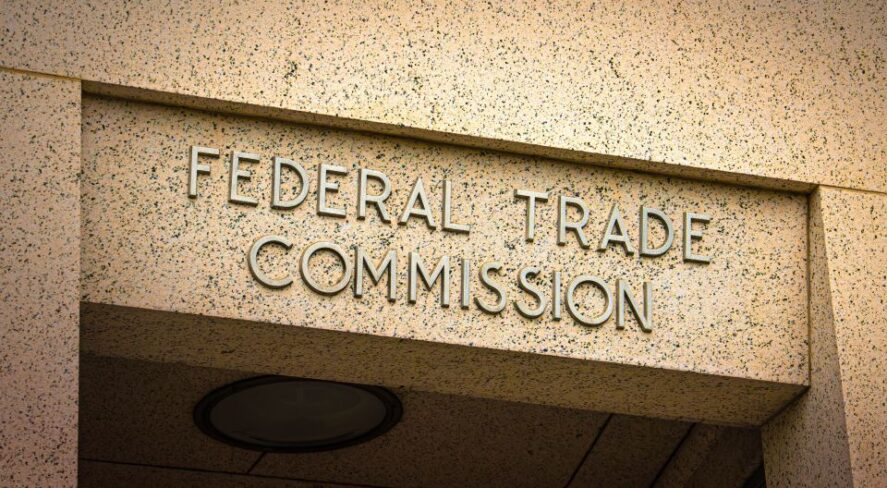FTC Bans Noncompete Agreements, Lawsuit Ensues: How the Rule Impacts Security Businesses

On April 23, 2024, after a 3-2 vote in favor, the Federal Trade Commission (FTC) announced a rule which will put a ban on all noncompete agreements nationwide beginning Sept. 4, 2024. Once this new ruling goes into effect, existing noncompetes for most of the workforce will be null and no longer enforceable, and notably, the rule will preempt existing state laws on noncompetes.
Businesses must inform their workers who are bound to a noncompete that the enforcement of said noncompete is over. Senior executives signed to a noncompete can remain in their current one, but employers will be prohibited from entering or attempting to enforce any new noncompetes, regardless of an employee’s position within a company.
On April 24, one day after the FTC ruling came out, the U.S. Chamber of Commerce filed a lawsuit against the agency’s near-total ban on noncompetes. The Chamber of Commerce states that the FTC has no authority to enact such an exhaustive and extensive ban, arguing that while the FTC does have the authority to enforce antitrust laws passed by Congress, it has no right to create rules specifying what other company practices constitute anticompetitive behavior without congressional direction.
Amongst a variety of issues that stem from this ruling, “This decision sets a dangerous precedent for government micromanagement of business and can harm employers, workers, and our economy,” said the Chamber.
Of significant concern is that companies, including small businesses, may be faced with significant legal costs as they have no choice but to resort to other means to protect their investments. Small businesses could especially suffer from this rule due to the fact that they will be unable to prevent larger companies from hiring their best employees, potentially gaining access to confidential information.
“The Federal Trade Commission’s decision to ban employer noncompete agreements across the economy is not only unlawful but also a blatant power grab that will undermine American businesses’ ability to remain competitive,” said U.S. Chamber of Commerce President and CEO Suzanne P. Clark.
Companies should consider making preparations for potential implementation of the new rule but also monitor its status should legal action result in delay or cancellation. Many observers believe it will be struck down in federal court, and if this occurs after the rule becomes effective, then applicable policy would revert to state law. The Security Industry Association (SIA) will continue to track developments and provide related analysis for SIA members.
